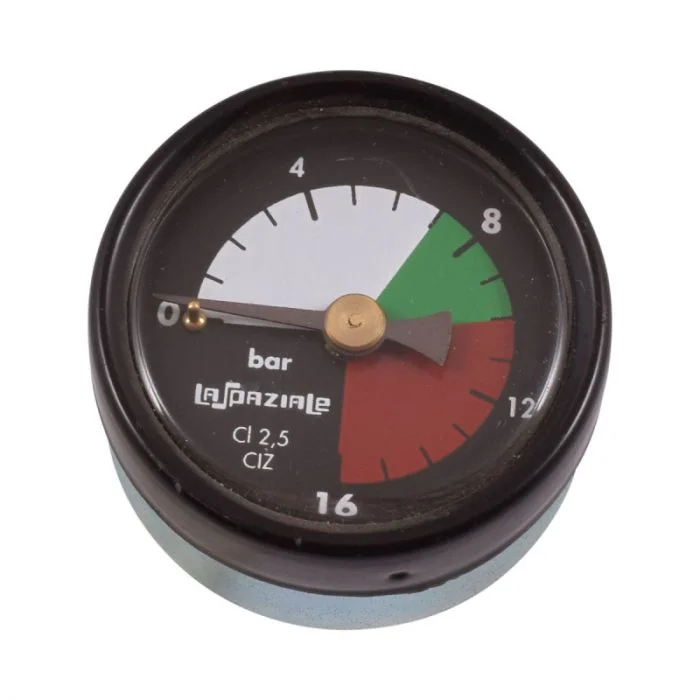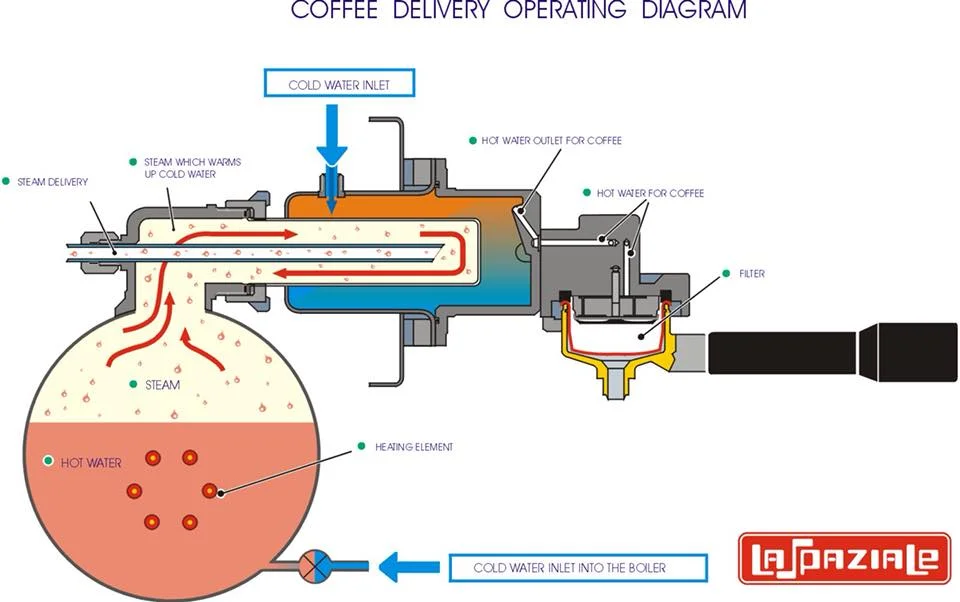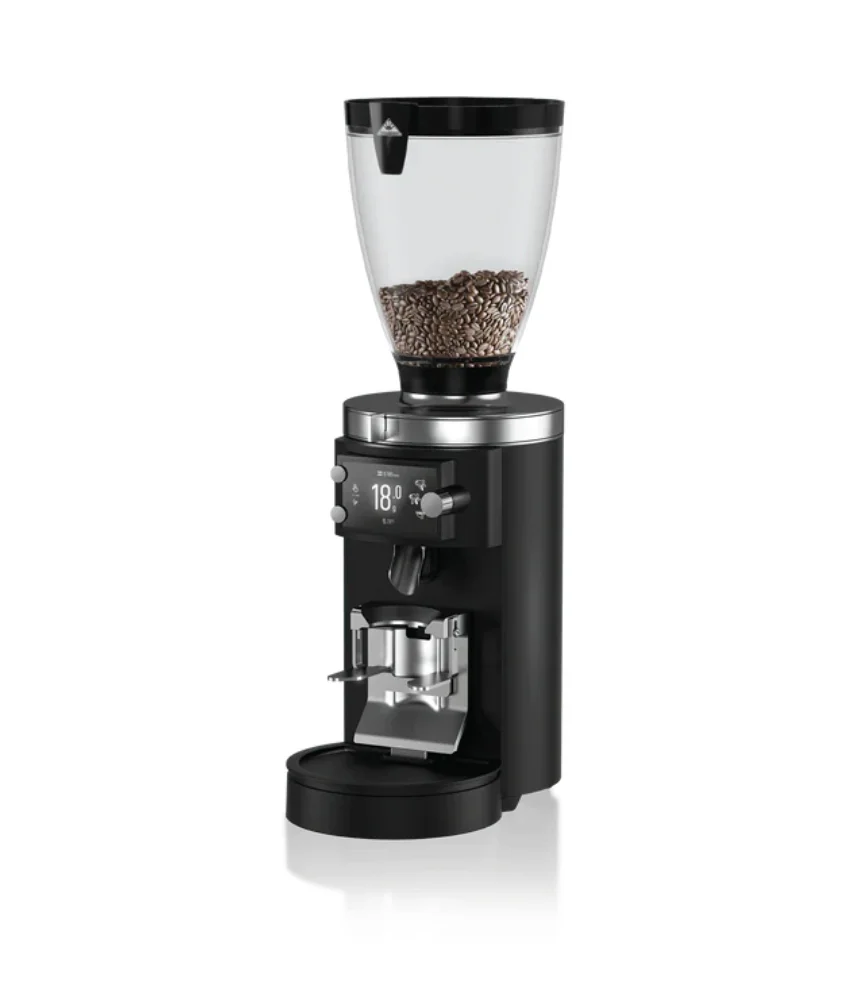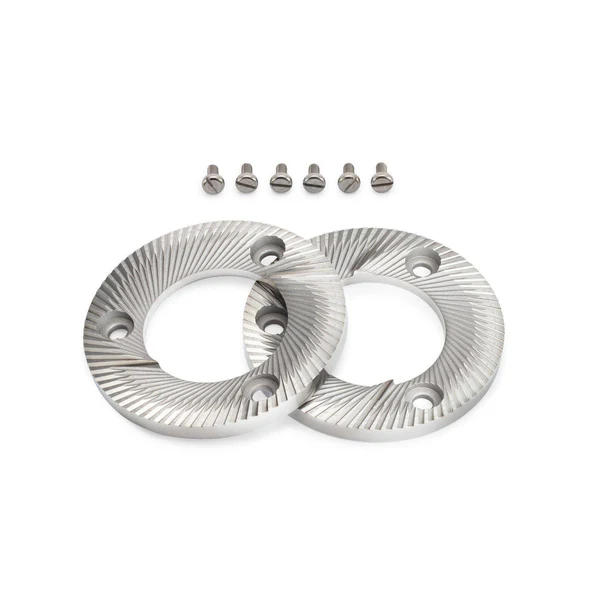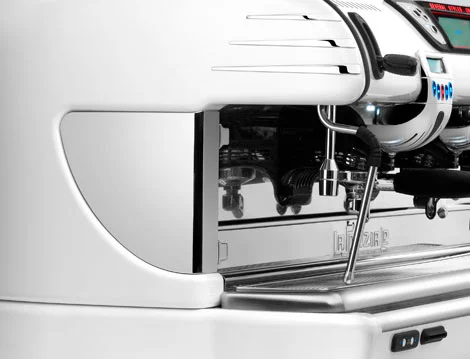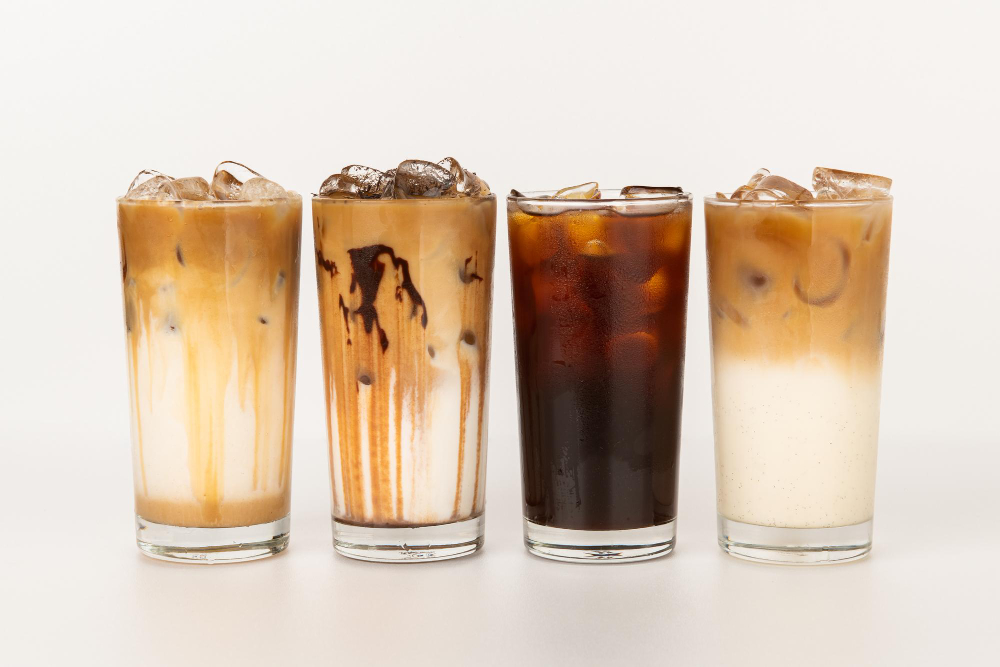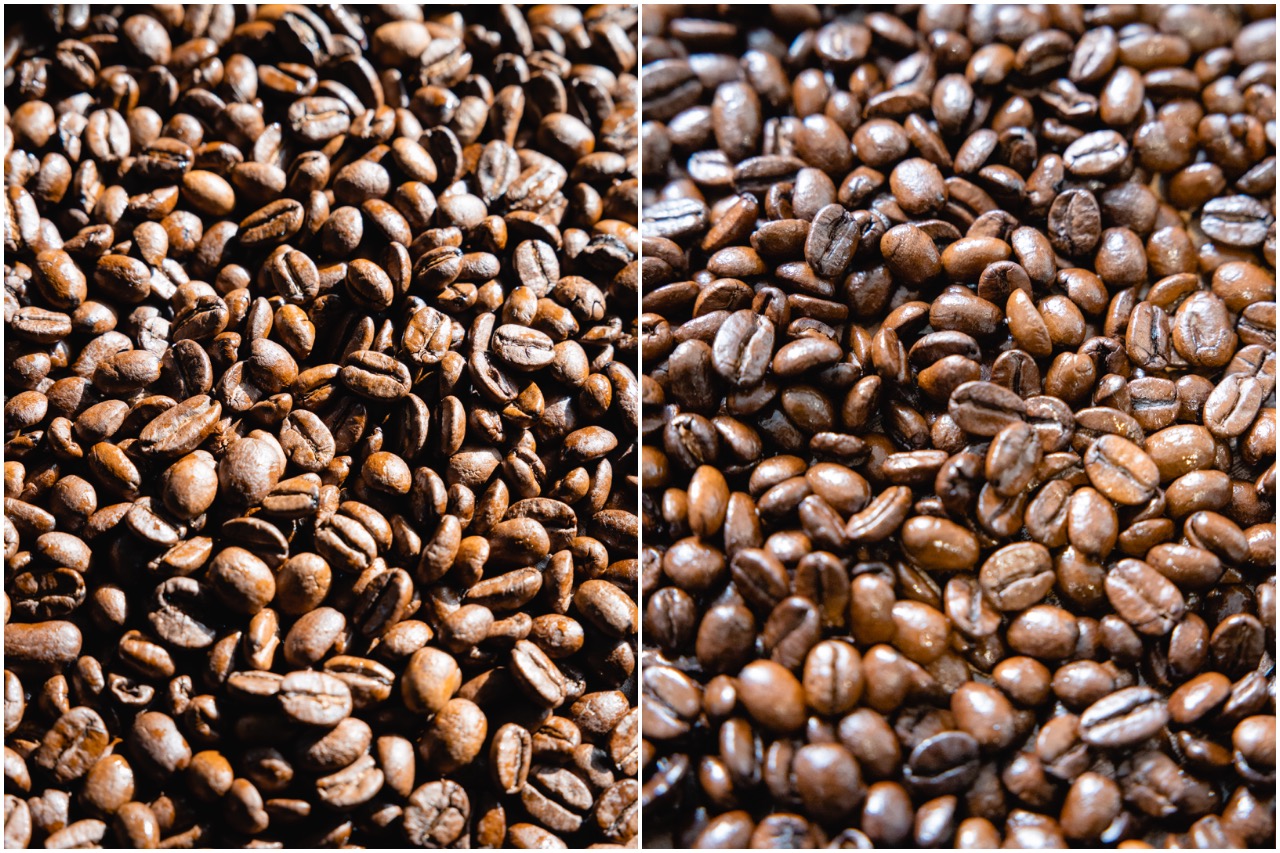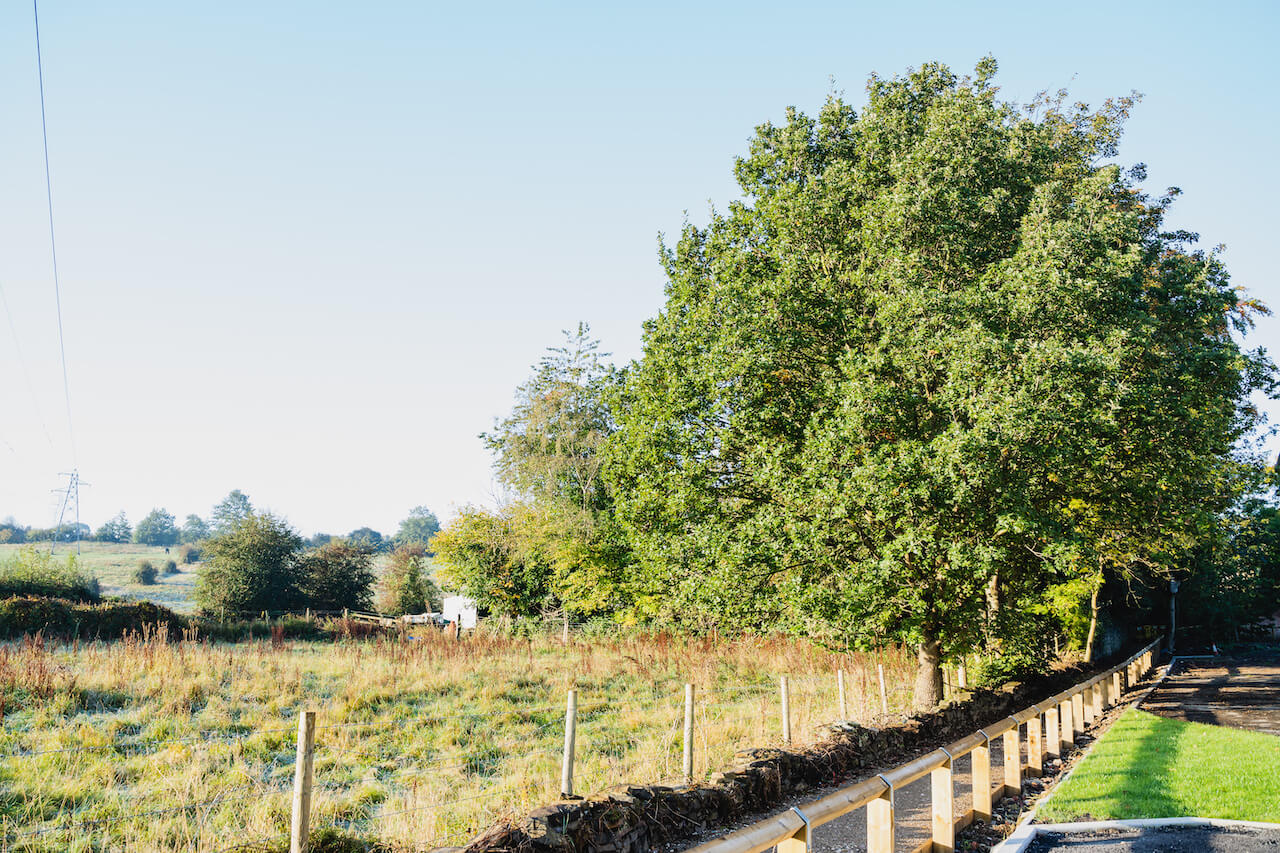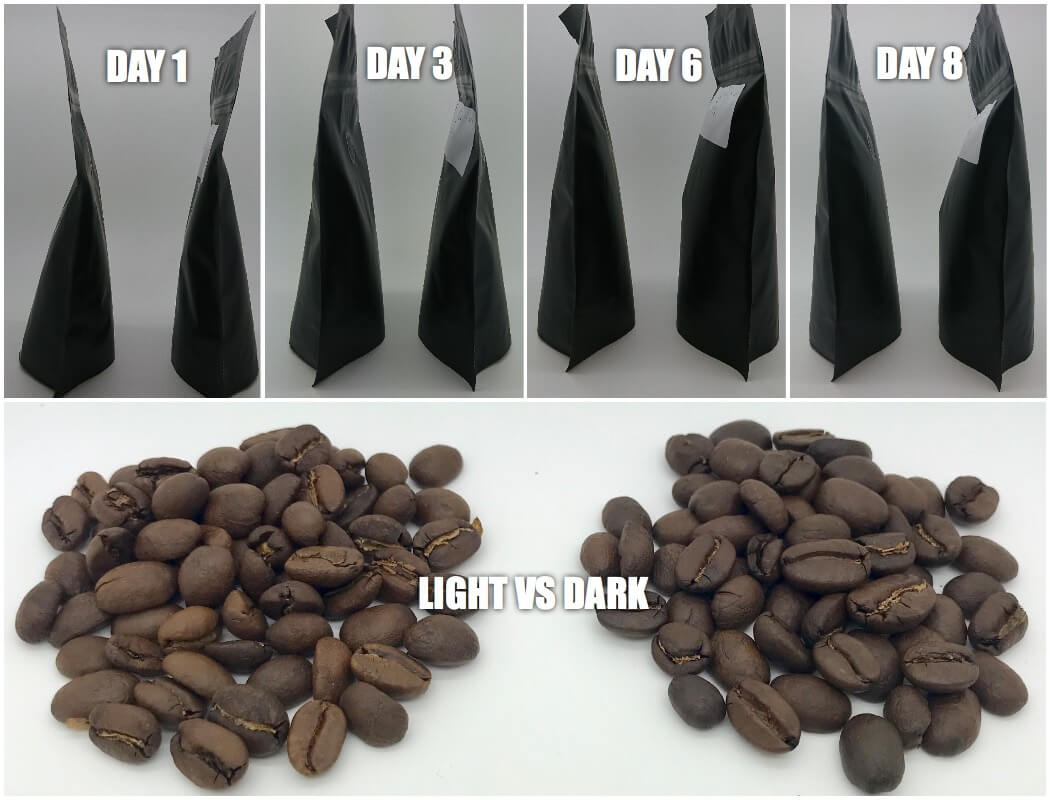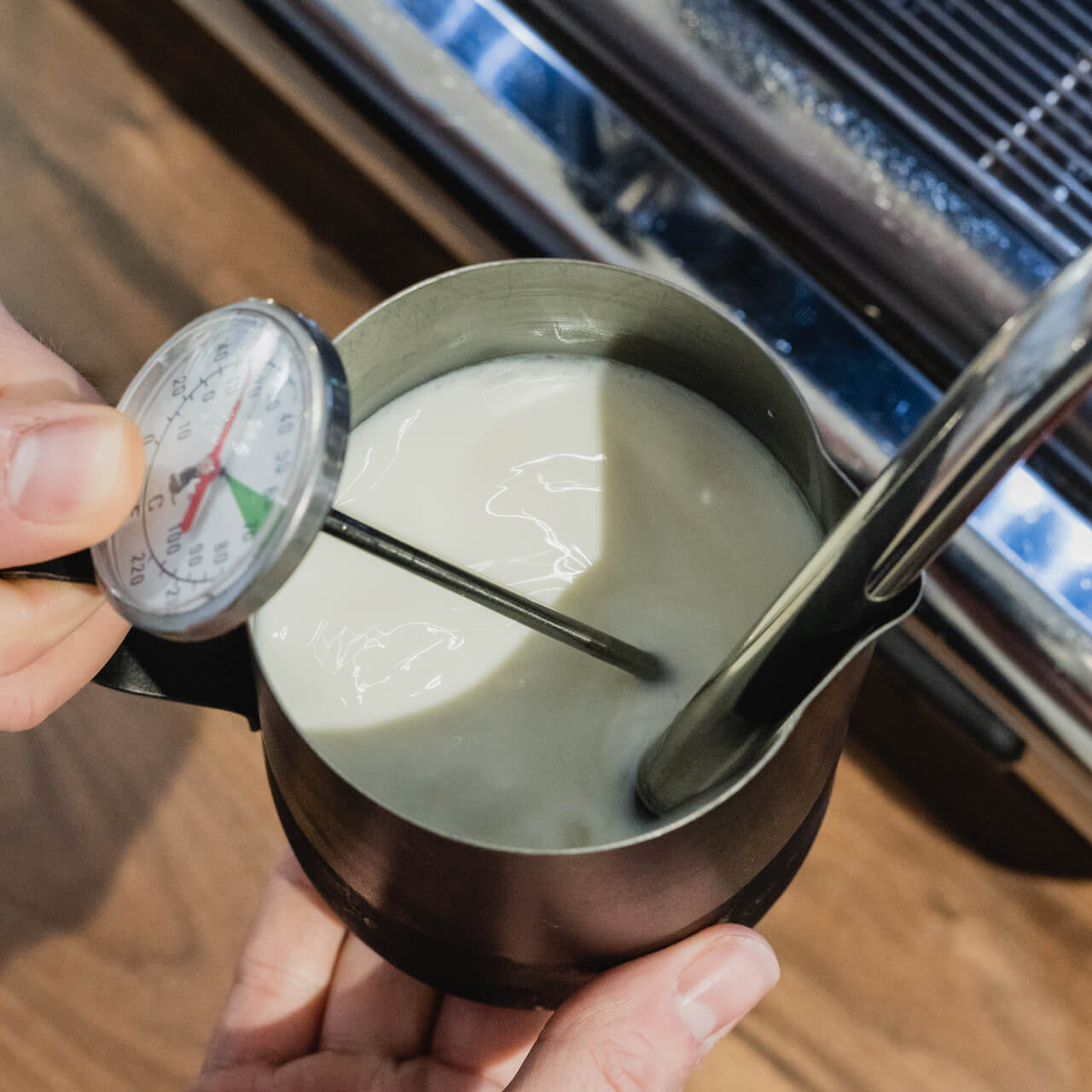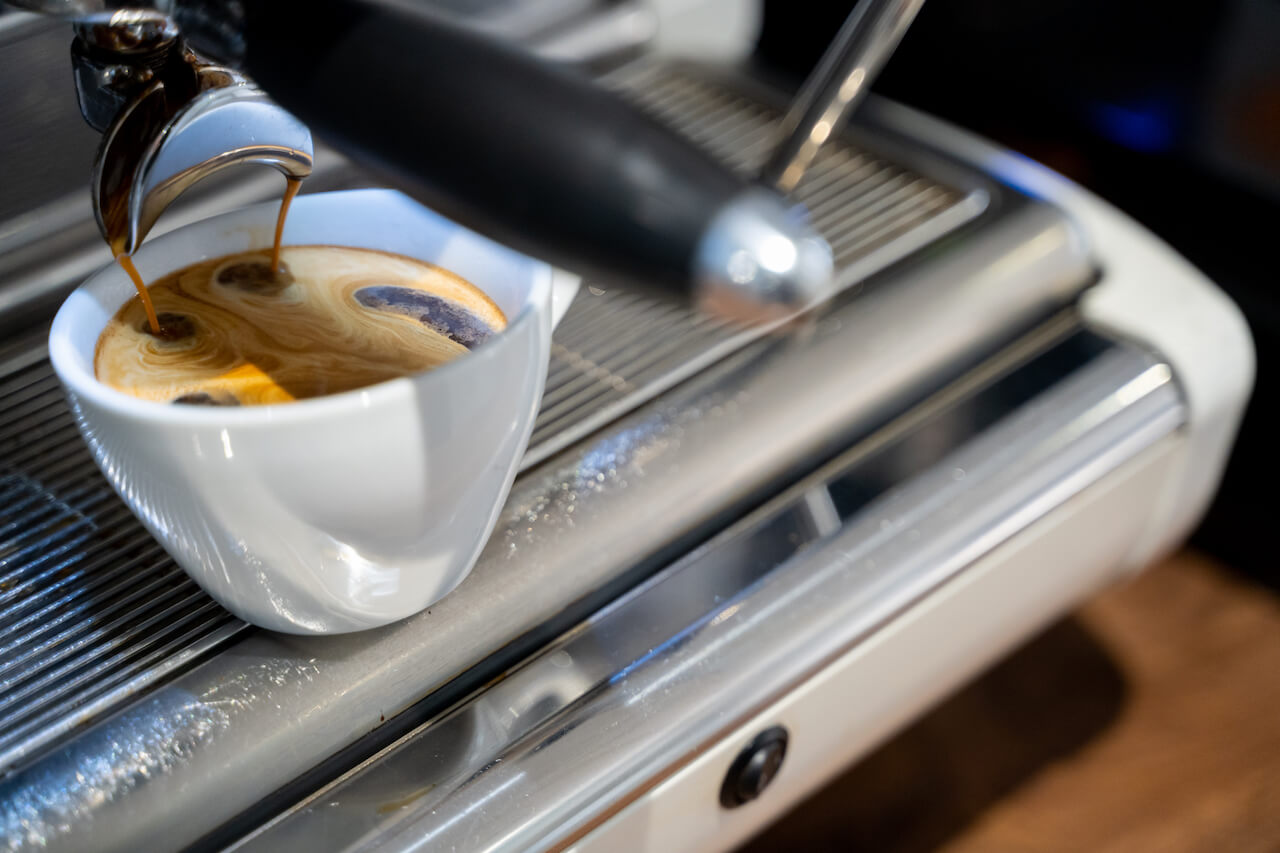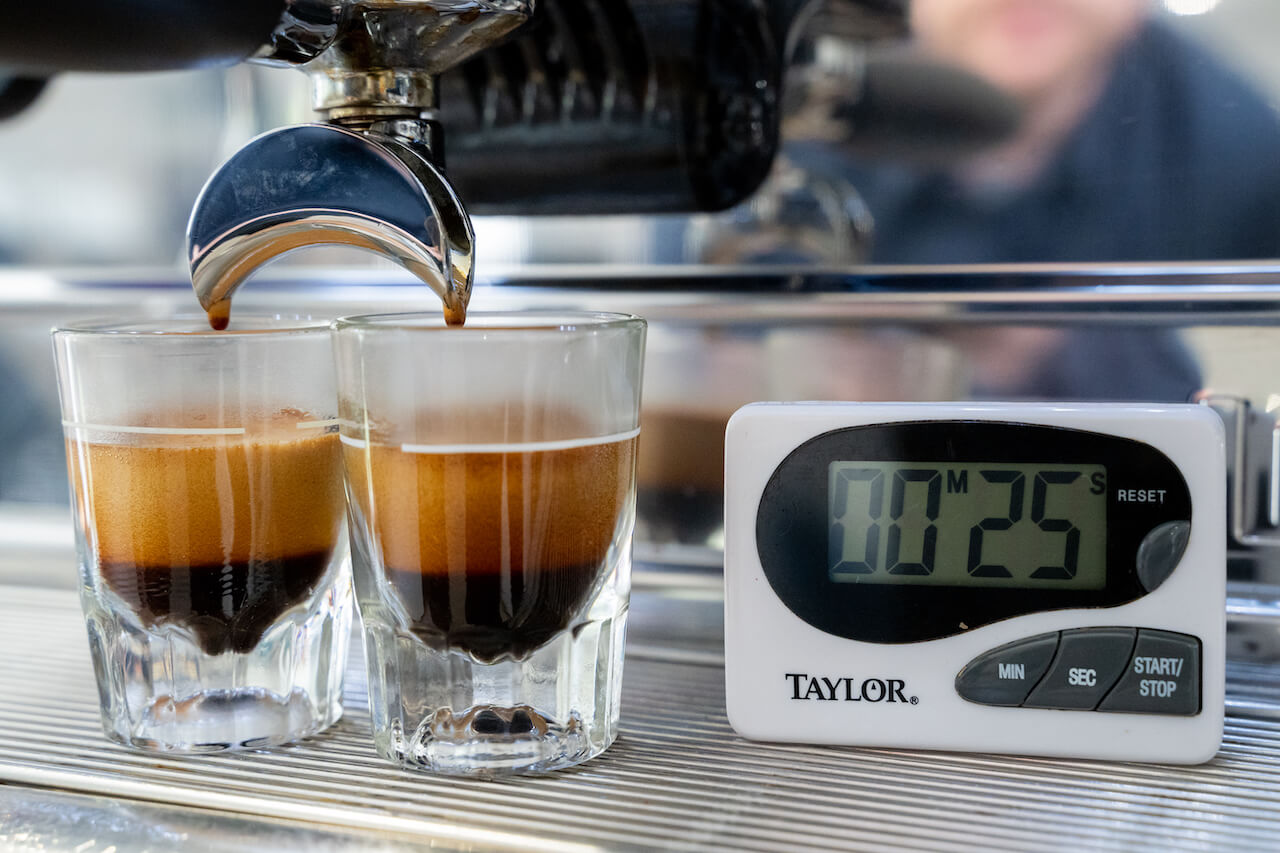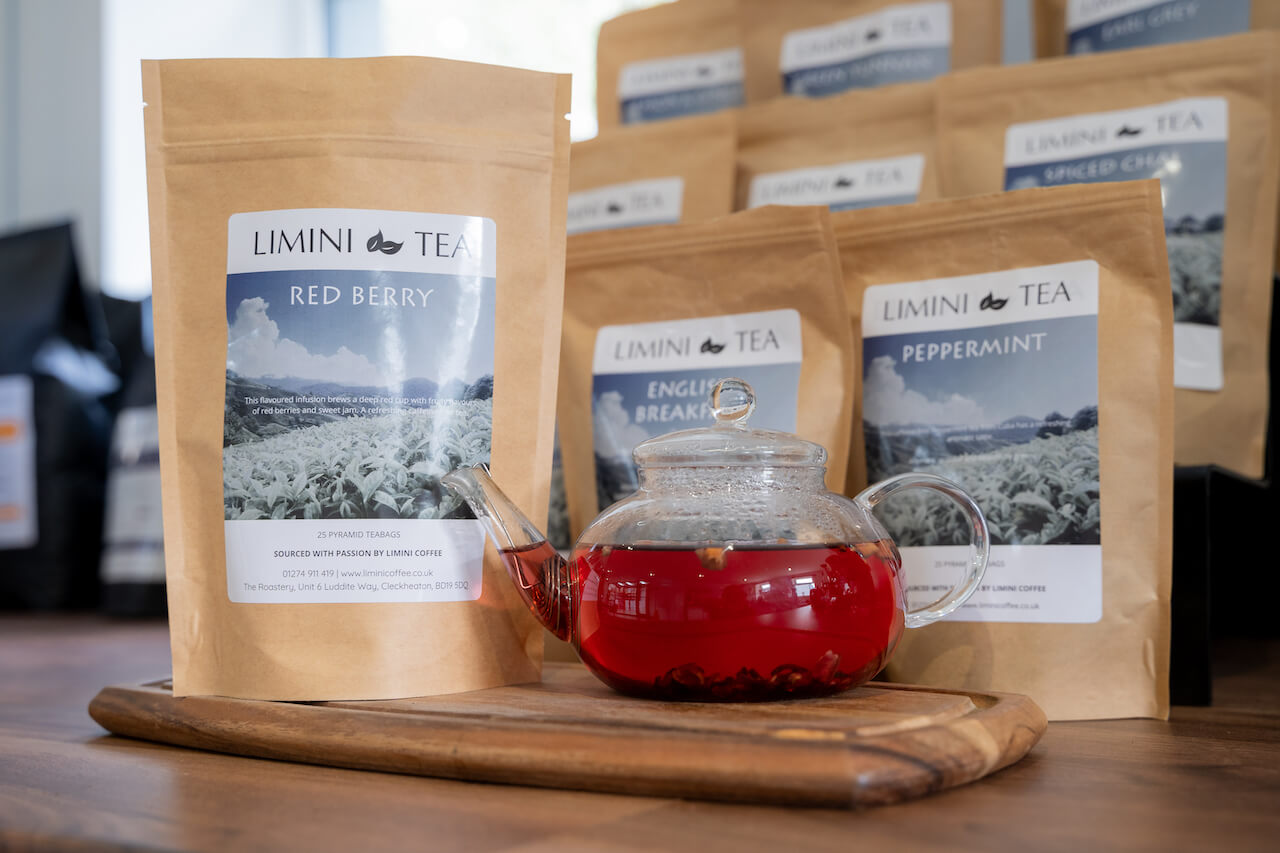How important is water quality to the taste of our brewed coffee?
As coffee lovers we all strive to make the 'perfect' cup of coffee. Taking the time to ensure we have the desired roast; high quality, fresh beans; the correct water temperature; the right water to coffee ratio as well as the correct grind size to name but a few. But how many of us have considered that the water we use in our cup could be having a huge affect on the resulting taste? We may have a tendency to assume water is a rather pure product and therefore would have little affect on the drink we make. But water is in fact often loaded with minerals that can alter the flavour of our coffee. So how do these minerals affect the taste and what is the best way to get a great tasting brew?
The best way to think of the water we use is as the solvent that extracts the flavour compounds from our coffee; it is not just an ingredient. The minerals within the water facilitate the extraction of many of the flavours within our coffee. Little or no mineral content could mean we are unable to extract the same, or as much of the coffee's flavours as with a greater mineral concentration. However, it is evident that with too high a mineral content the water is less capable of dissolving our coffee nutrients. In simple terms, there is no 'space' to dissolve all of our wonderful coffee flavours. It is important to bear in mind however, that not all flavours within our coffee are desirable so the right level and type of minerals within our brewing water can and will affect the resulting test.
Experiments into water quality have revealed (Hendon et al, 2014) that the presence of magnesium could have a huge effect on coffee extraction. The presence of calcium has some affect and the presence of sodium a smaller affect still. It is believed that the magnesium ions aid the extraction of the brighter, fruitier notes whereas the presence of calcium will pull the heavier, creamier flavours. Sodium is then believed to buffer the acidity in the resulting cup. All of this in terms of science is all very exciting but as coffee drinkers is this something we would actually be able to pick up in our cups, is this noticeable or worth worrying about?
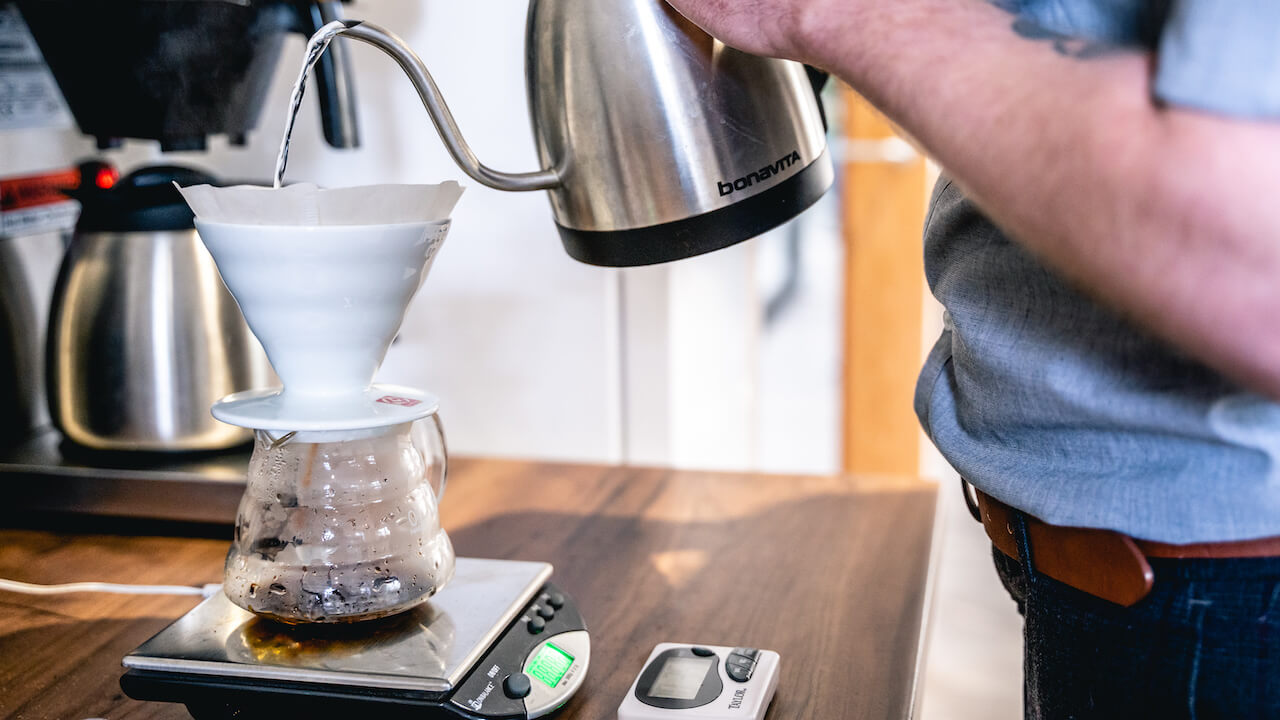
To test this for ourselves we brewed a number of different coffees with waters with varying mineral contents. All samples we brewed in the same way and blind tasted. We were looking for which coffee we preferred and why this might be. The thing that was most surprising is that every single brewed coffee tasted different. Some of the differences were not better nor worse, just different, so preference to which was 'better' was subjective. However, there were several of the samples that created coffees with undesirable flavours or with very little flavour at all.
We found that 'hard' water (i.e. total hardness greater than 150ppm) created coffees with muted flavour and metallic notes with little sweetness or brightness; in other words not a great brew! The waters that were particularly ‘soft’ in comparison, were thin, with little flavour and were not distinctive or particularly recognisable. All of this makes sense when you consider that little or no mineral content would mean there is little for our coffee 'flavours' to bind to meaning we are leaving a lot of these flavours behind in our coffee. Whereas with too high a mineral content there is little chemical space for the extraction of those coffee flavours as the minerals are saturating the solution.
Where the results became even more interesting is with waters which sit in the mid range levels of minerals (i.e. total hardness of 50-150ppm). We found that waters with higher magnesium concentrations (i.e. greater than 10ppm) produced a fruitier flavour in the cup, pulling on the higher notes in the coffee. The mid-range calcium levels (i.e. 40-70 ppm) softened the acidity and highlighted the chocolaty and roasty flavours of the coffee. The presence of sodium was less noticeable but little to no sodium meant that the acidity dominated the cup.
With regards to the pH of the waters used it was clear that the alkaline waters (pH greater than 7) tended to give less brightness in the coffees and led to the extraction of more undesirable flavours. The more acidic the water the more brightness was present but there was less body. Again, the moral of the story here being water somewhere around a pH of 7 should give the most balanced flavour.
Overall, the lesson learnt here is that the mineral content of the water we use to brew definitely affects the taste we get in the cup. That being said, which we prefer comes down to personal opinion. What can be deduced is that at too high a mineral content, we lose a lot of those flavours and end up with a muted cup, at too low levels the flavour is thin and unexciting. In conclusion, it is important to be mindful of the water you use to make your coffee. For those making coffee in hard water areas, tap water is most likely not a good bet; using a filtered or bottled water with some mineral content should help produce a better brew. However, the levels and concentrations of which minerals to use comes down to your preference. So, in other words, have fun experimenting making coffee with different waters of different mineral contents and see which, for you, makes the best tasting cup of coffee.
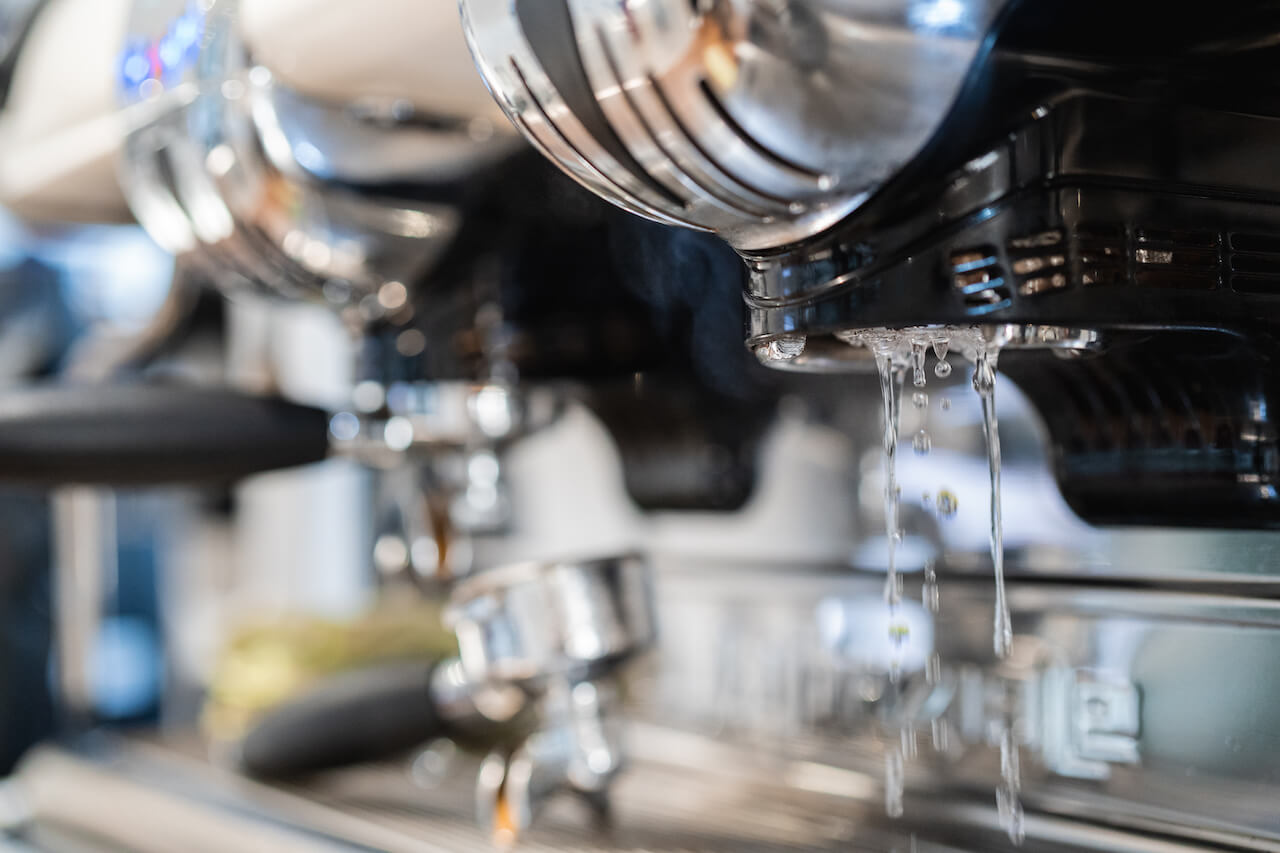
Flushing of the group head
Why the need for flushing the group head should be an important part of your routine.
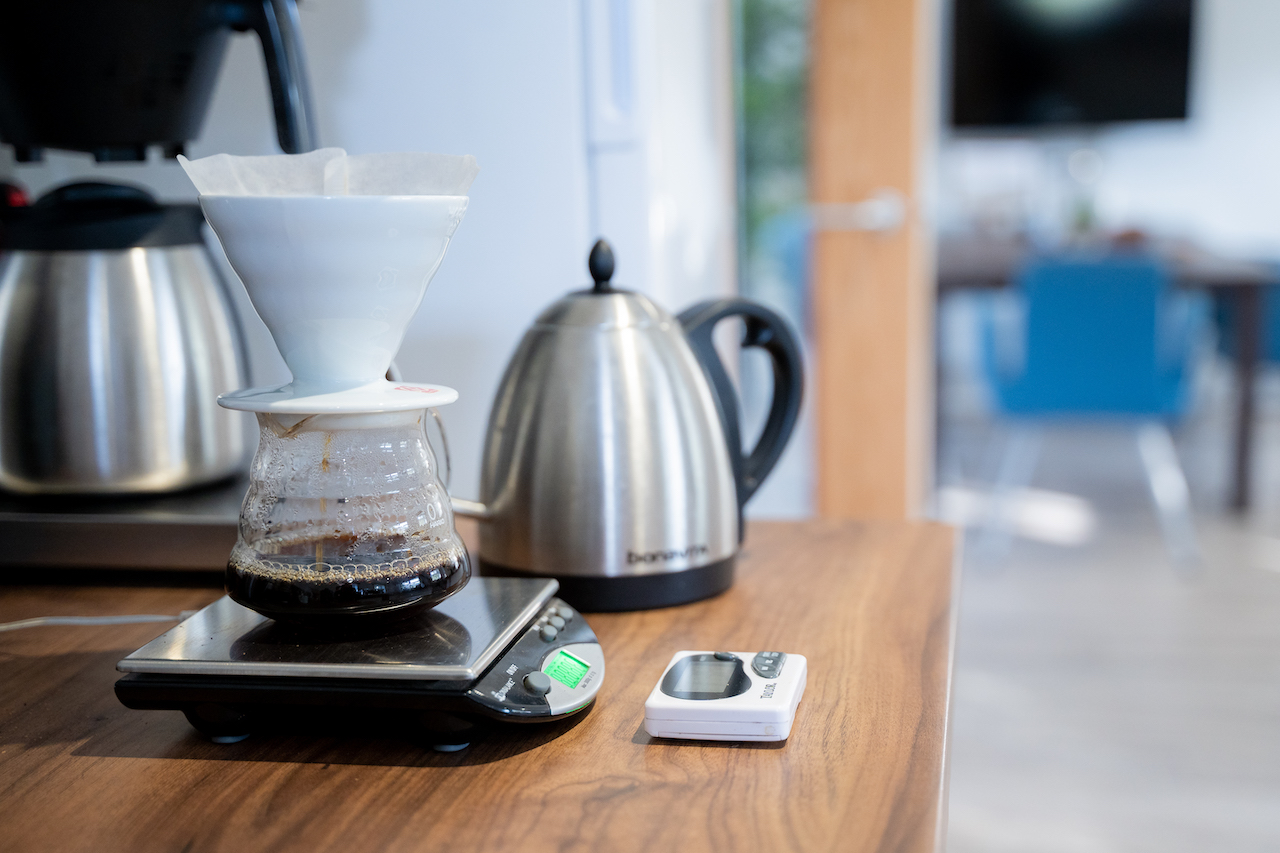
How to serve filter coffee
An article about the various methods of how to serve filter coffee in a busy coffee shop.
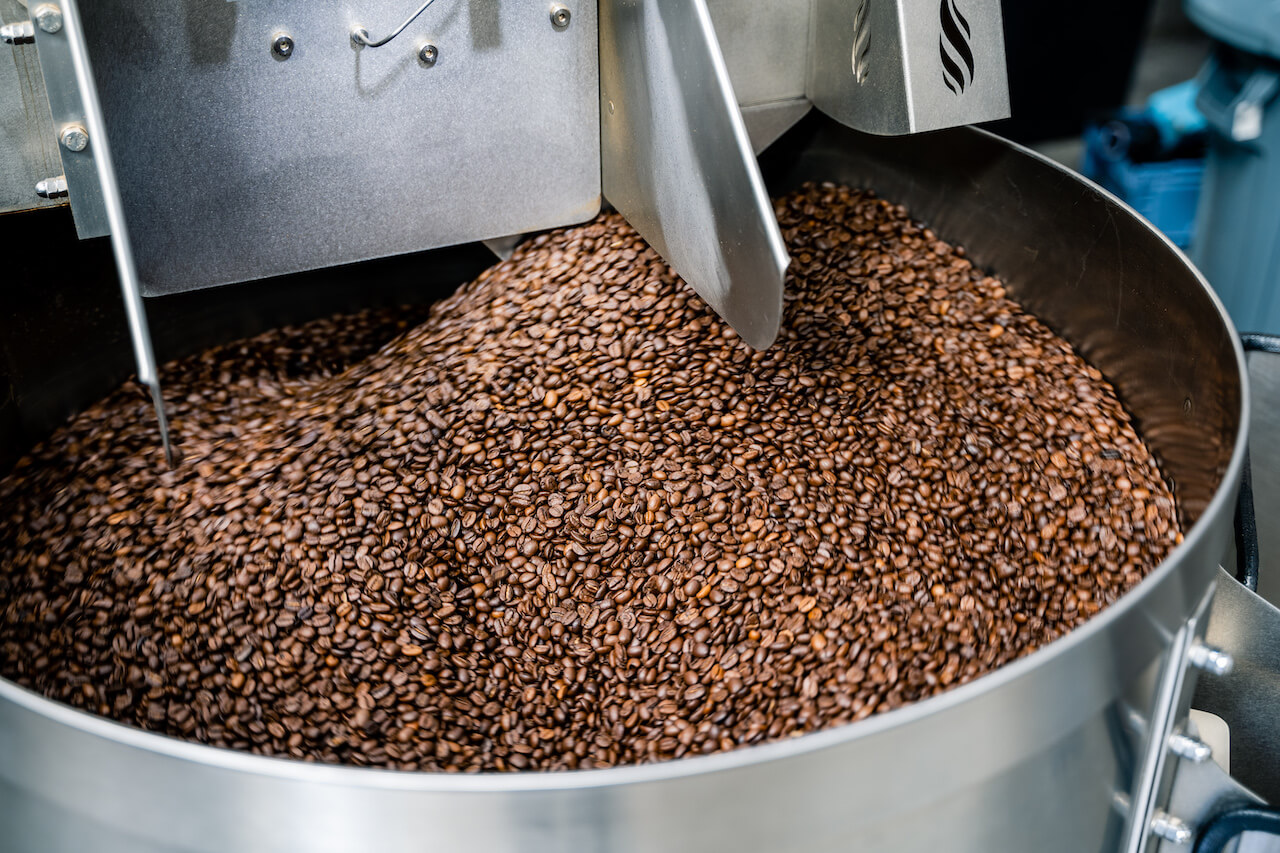
What is that smell?
You walk through the doors into your beautiful coffee shop and you smell the wonders of coffee.
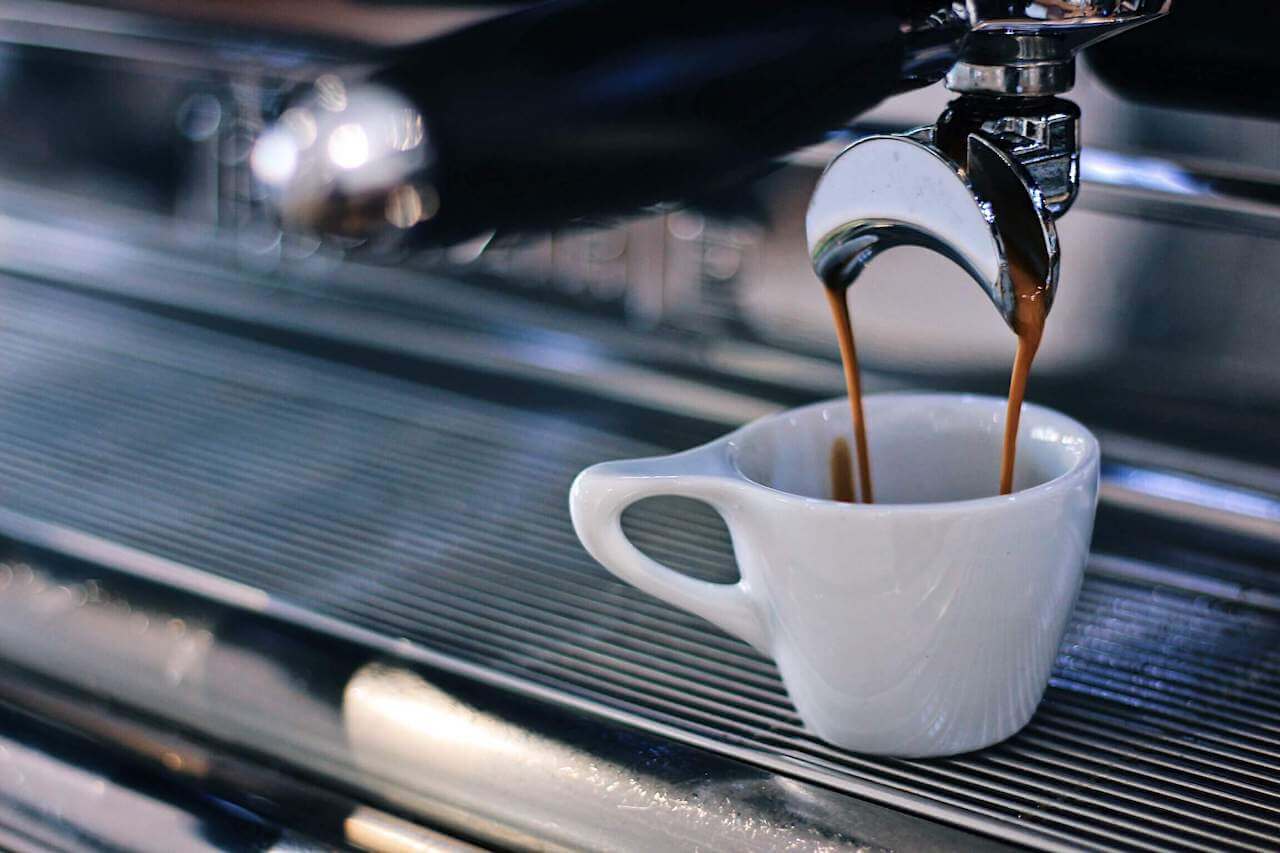
No more espressos...
A different concept for serving espresso based drinks.You can be different and serve coffees with a different base.
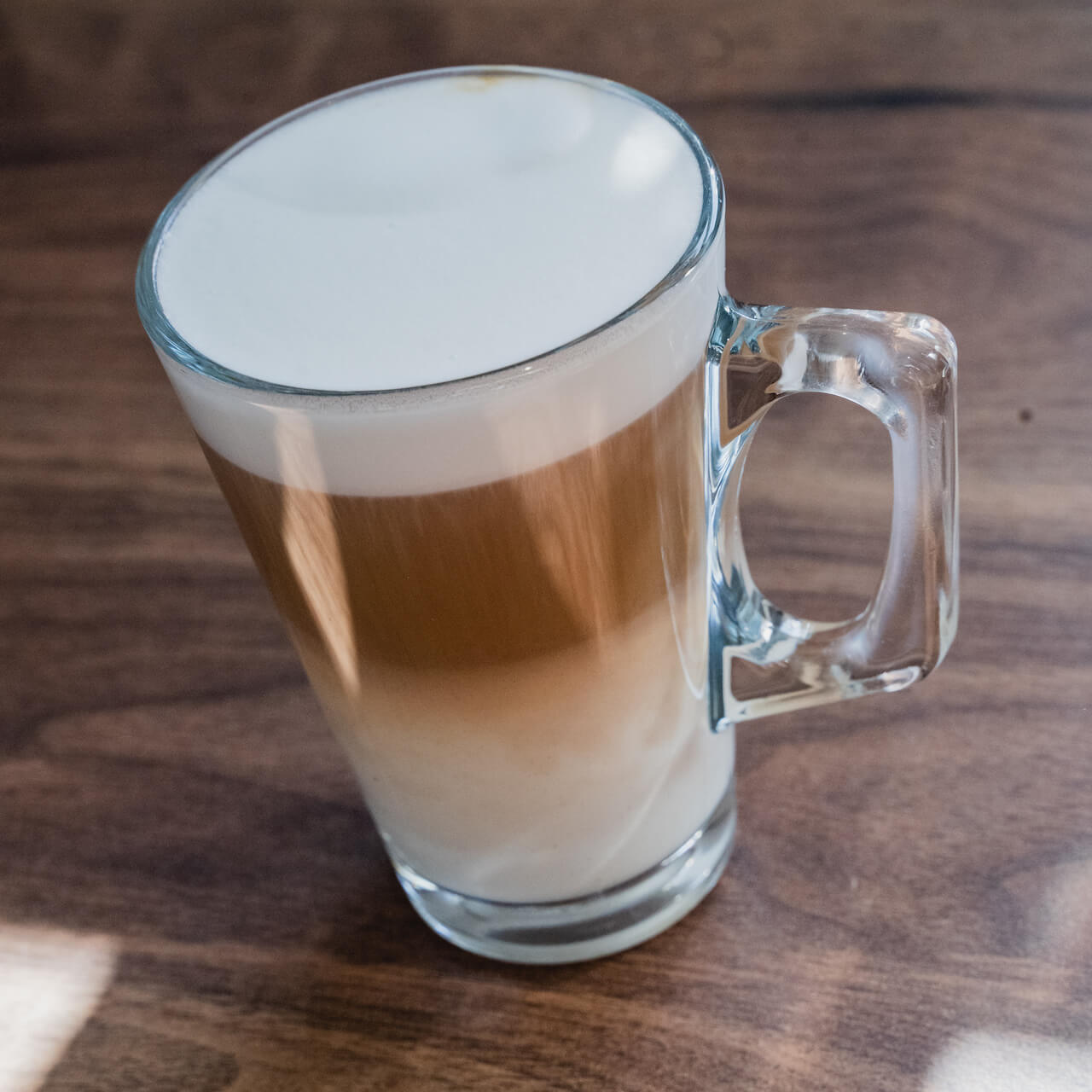
Latte, cappuccino, macchiato.... what?
A simple explanation of many of the amazing names that the coffee world has come up with over the years.
Tamping
Learn more about why tamping is actually so important. It is a skill owned by the barista and it does make a difference.
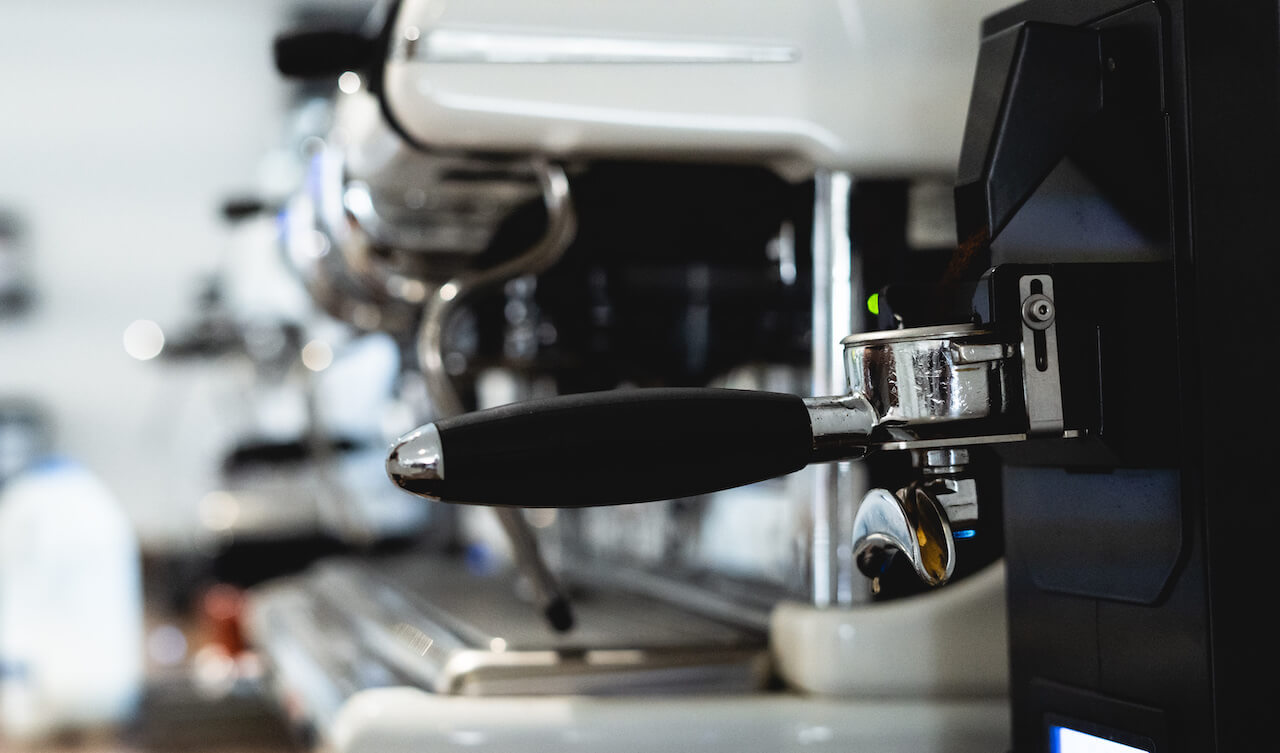
Compact vs normal size machines
What really is the difference between a compact and a standard size machine.
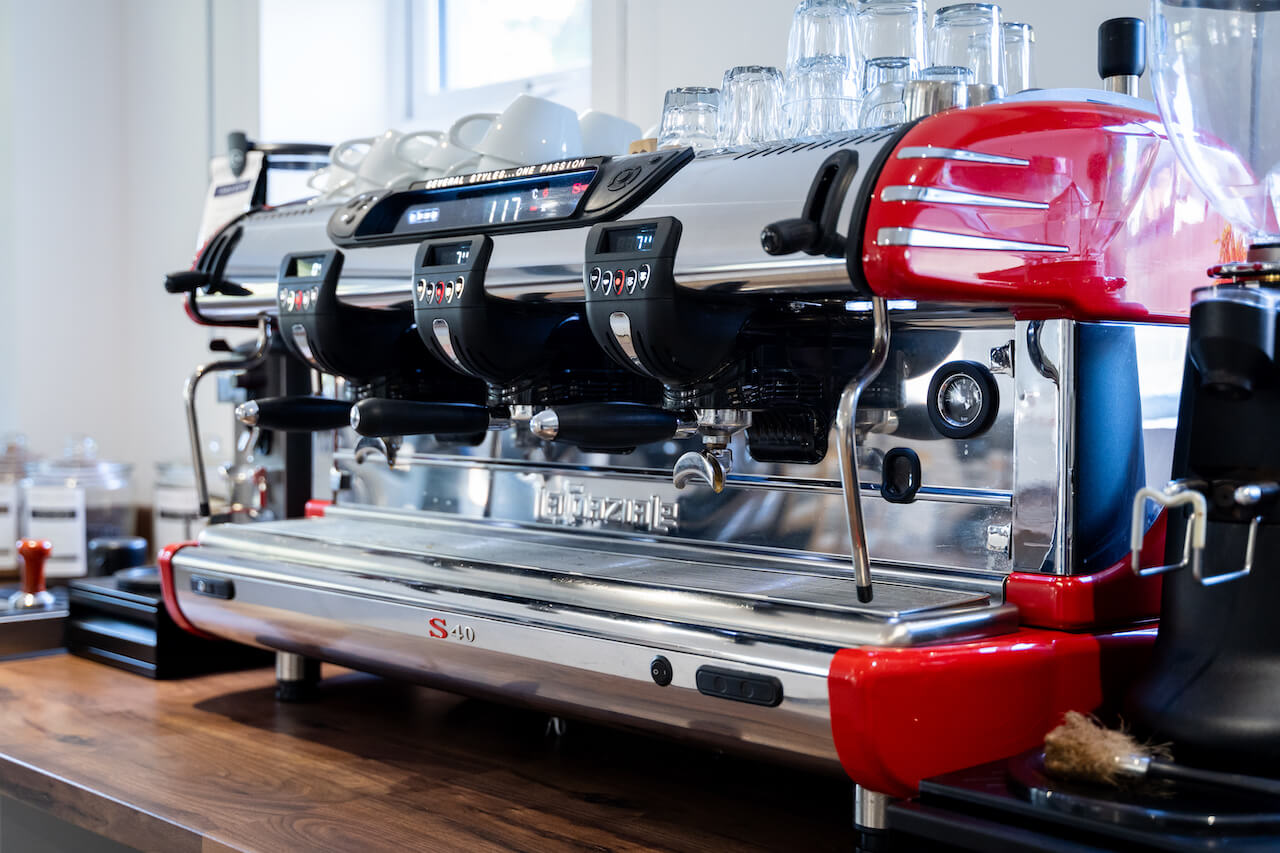
Guide to espresso equipment
Our comprehensive guide on choosing the correct equipment for your espresso drinks.
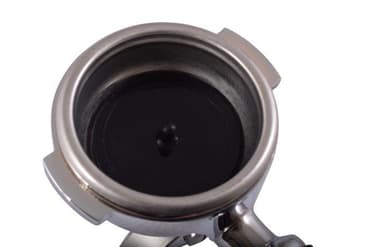
Backflushing your espresso machine
Learn about why you need to backflush an espresso machine and how it works.
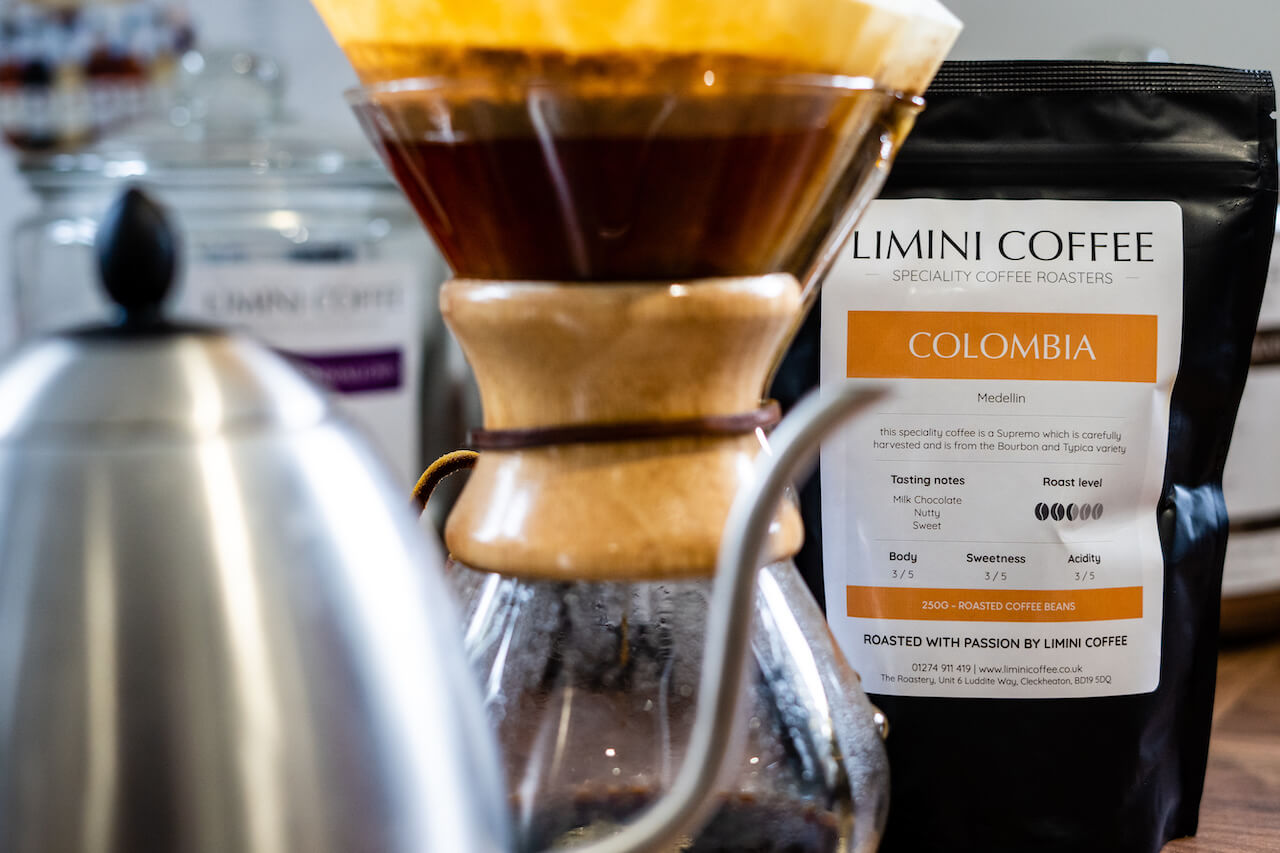
Filter coffee
Filter coffee is beautiful and here we will introduce you to some of the more popular methods.
.webp)
call us for a chat on 01274 911 419
Monday - Friday | 09:00 - 16:30
Closed bank holidays
Terms and conditions | Privacy policy | Website settings
By continuing to browse you agree to our use of cookies.
Copyright © 2008-2025 Limini Coffee Services Limited. All Rights Reserved


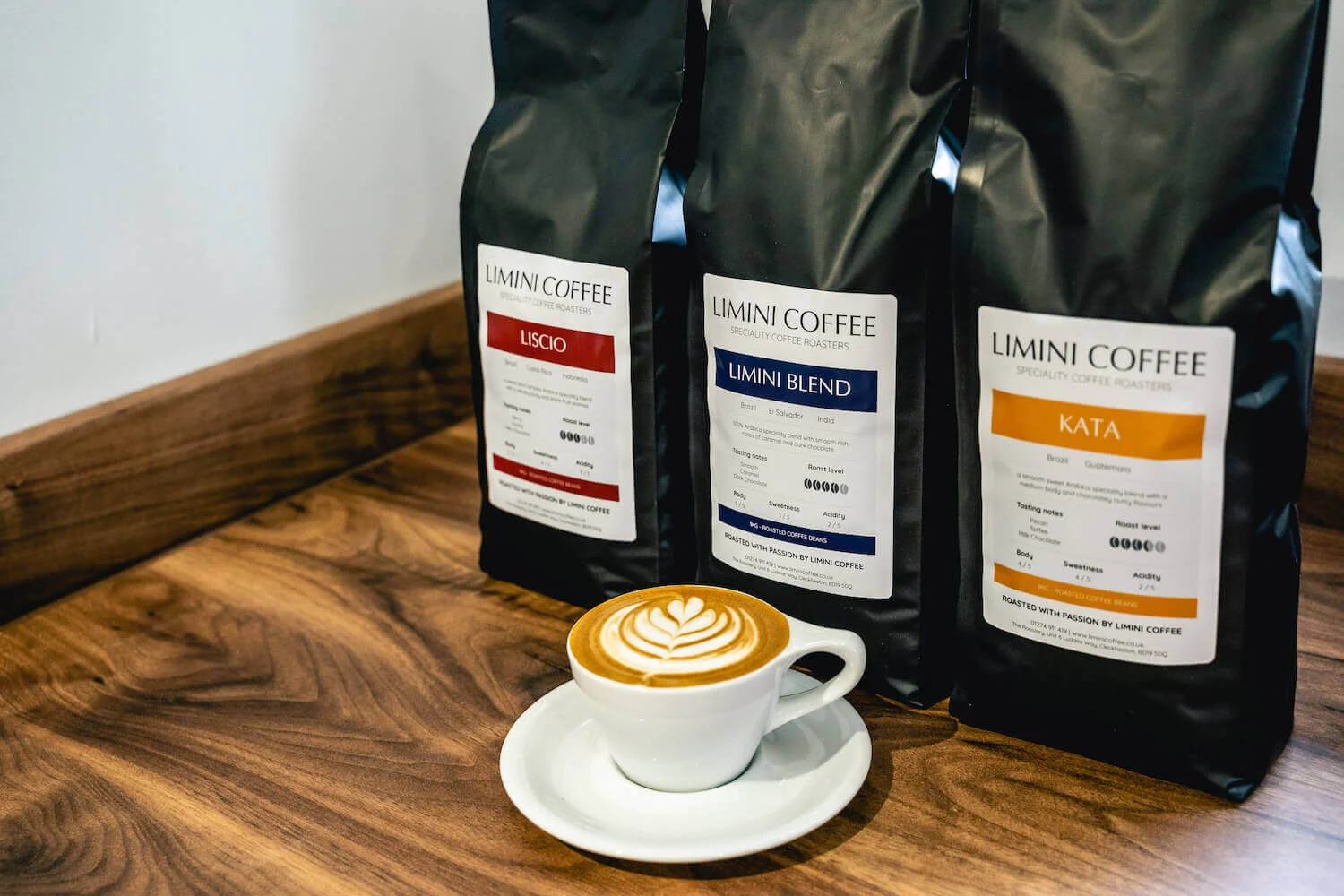
.webp)
